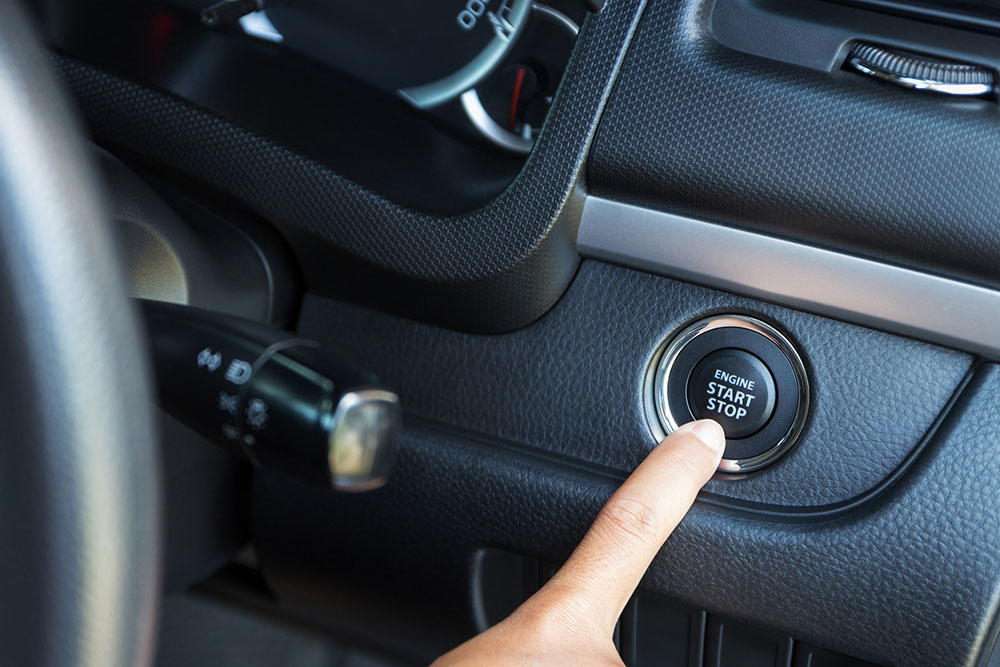10 Battery Tips Help Preserve Your Morning Routine

Intense summer heat can seriously damage your battery, shortening its lifespan significantly. In fact, car and truck batteries are more likely to fail in hot weather than in cold.
A vehicle battery that is healthy and reliable is critically important during the summer when there is the potential for getting stranded by the side of the road many miles away from home.
So why do car batteries fail when the hot weather comes around?
Technically, excessive heat causes the fluid in your battery to evaporate rapidly, weakening the battery's charge and causing plate corrosion. This eventually leads to crystals forming on the battery's plates, which will subsequently make your battery unusable.
Fortunately, you can help prevent battery fatigue by learning how the summer can affect your car battery and perform some basic maintenance.
At first, you may notice a dragging battery. Eventually, if you don’t address it, your vehicle will emit a clicking sound that indicates the battery is completely dead.
Consider: We ask a lot from our car batteries including the operation of navigation systems, cell phone charging, back-up cameras and all of the other electronics in today’s high-tech automobiles.
Remember, heat is what damages batteries most, although the damage may not be apparent until a battery is under strain of hot or cold weather conditions.
Here are 10 reminders to make sure your car battery performs reliably wherever you travel this summer:
- Look for subtle battery warnings. Difficulty starting the engine, low headlight intensity, and sluggish power accessories (think windows that roll up and down slower than usual) are all signs that the battery is weak or there’s an issue with the electrical system.
- Park in the shade. A great way to maintain your battery is by taking simple measures such as parking your vehicle in a garage or an area where there is shade. When you leave your car in direct sunlight, the hood quickly heats up and expedites heat damage. Avoiding areas of direct sunlight helps lower the temperature by a few degrees, which can significantly extend the life of your car battery.
- Clean your battery terminals. Dirt and corrosion can harm your battery's performance. Dirt acts as a conductor and drains your vehicle battery power. Likewise, corrosion on your battery's terminals act as an insulator, impeding current flow, causing your battery to work much harder to do its job.
- Bundle up short driving errands. Short trips put a greater strain on your car's battery. The vehicle alternator requires time to recharge the battery after starting the engine. Short trips where you frequently start and stop the engine reduces the time for your vehicle to recharge.
- Use a battery trickle-charge system to maintain a fully charged battery. Trickle charge systems are compact and affordable. They can help offset battery drain from high summer temperatures.
- Use a trick charge system for vehicles that sit idle for long periods of time. The use of a car battery charger helps preserve the battery’s life and prevents it from going dead when the vehicle is not in use.
- Check battery specifications. Call your service advisor to determine if your vehicle has the right type of battery for the kind of driving and towing you expect to do this summer. The more strain you place on your vehicle–heavy loads, driving steep inclines, hot environments–the more important it is installing the right battery.
- Practice preventative maintenance. A vehicle’s charging system should be checked every three months, or every oil change. Your service center might even include a multipoint inspection with an oil change, this inspection would likely include the status of the battery and charging system. Water may also be added to the battery to get the water level to about a half-inch above the tops of the plates. Battery manufacturers also recommend using only distilled or deionized water and to use a watering gun or pitcher to fill each battery cell.
- Take a peek before driving off. Inspect the battery for leaks, cracks, or bulging. Any one of these symptoms means it’s new battery time. A corrosive stew of chemical reactions slops around inside the battery. A cracked, leaking or swollen battery poses serious safety hazards for you and your vehicle.
- Schedule a battery inspection before travel. A battery charge test can provide a good indication of overall battery health and whether your battery has the stamina to last throughout summer.